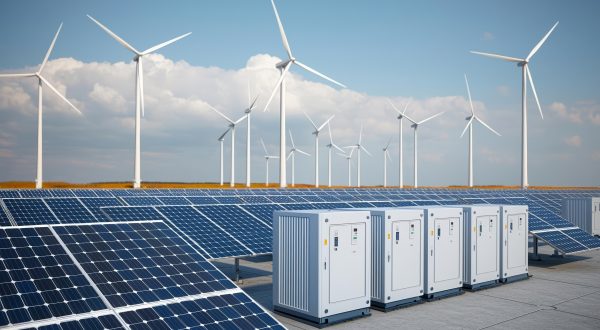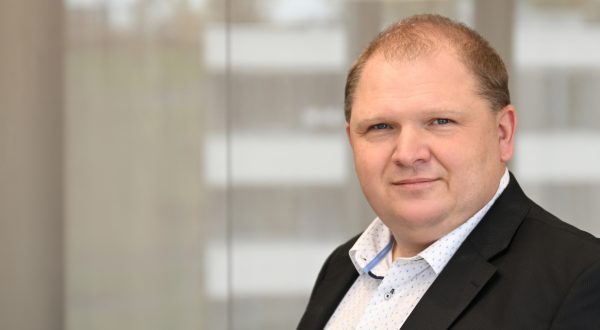The German government on the front line of energy efficiency
Reading time: 2 min

In an effort to achieve ambitious objectives regarding energy consumption and renewable energy, the German government has mobilised various players in business and research.
To develop and deploy future technologies, Germany has implemented an unusual strategy that calls for major public funding. In fact, this year, the federal government has raised its funding of technology research to €863 million, an increase of 5.3% over 2015.
By 2050, 60% of the energy used in Germany must come from renewable sources
The real focus of this strategy, however, is less the government’s generous funding than its comprehensive and coordinated approach, which reflects its pragmatic and non-partisan policy with regard to technology development. Unsurprisingly, this financial aid focuses mainly on renewable energy, including solar, wind, biomass, and geothermal energy. The bar has been set very high: by 2050, 60% of the energy used in Germany must come from renewable sources.
But the bulk of the effort is directed elsewhere – at energy consumption both by consumers and businesses. “The cleanest and most cost-effective energy is the energy you don’t use,” stated Sigmar Gabriel, Germany’s Minister for Economic Affairs and Energy, last May at the launch of the information campaign calling for a more energy-efficient Germany.
A nationwide project
Energy efficiency is a nationwide project that encompasses the value chain as a whole. Its objective, too, is ambitious: cut energy consumption in half by 2050. This can be achieved by improving energy efficiency in the building industry and in the consumer goods sector, for instance, by encouraging German citizens to replace their old refrigerators.
This concern for efficiency has led the German government to bring businesses and universities together as well as consumers, industry leaders, and merchants. This ability to mobilise key players is a major asset for Germany.
11/10/2016


